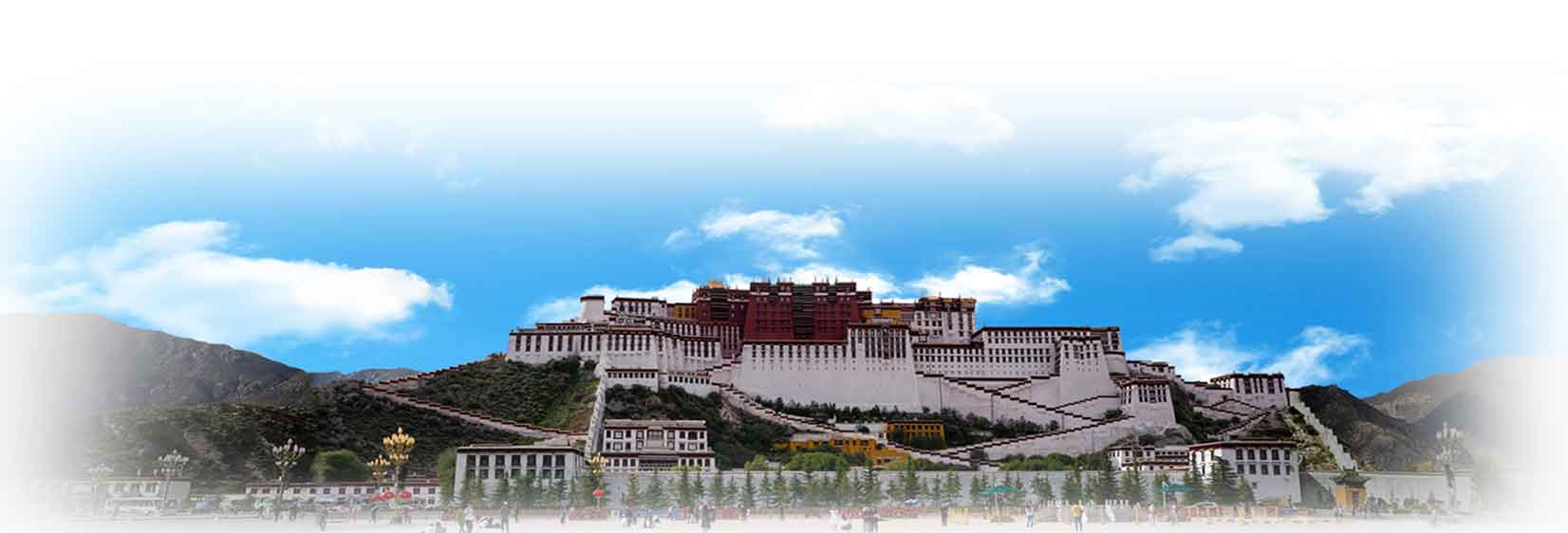Department of Religion and Culture
The Department of Religion and Culture is a department under the control of the Central Tibetan Administration (CTA). The aim of this division is to operate and preserve the cultural and religious conditions of the Tibetan community in exile. Essentially, the department takes the responsibility of handling tasks related to the protection, revival, and promotion of the cultural and religious traditions of Tibet.
This was the primary aim of the Dalai Lama during the establishment of TIPA in Dharamsala. Formerly, the department was known as the Council for Religious Affairs in the Tibetan exile community. The department was originally established by the Dalai Lama in Mussoorie. On 30th May 1960, the department shifted its base to Dharamsala. In September of the same year, the department became one of the five crucial departments in the CTA.
Music Production Courses
The teachers and students at TIPA receive training on the musical techniques of Tibetan arts. The mentors provide training on musical instruments, traditional to the Tibetan community. These include Cymbals, Drums, Conch shell trumpets, Oboe-like flageolets, and bamboo flutes. Apart from that, all trainees learn how to compose music and undergo advanced voice training.
There is an Audio-Video Recording Studio available for recording Tibetan songs. The students and artists training at this spot learn how to record and archive Opera arias and folk songs. These include storing in video and audio cassettes, and also digital copies of the recordings. Here, the trainees learn how to handle the production aspects of music.
Music Teacher Training
TIPA organizes Tibetan Study & Training for teachers of different scholastic levels. They train in dance and music instructions to safeguarding safeguard the cultural heritage of Tibet. Teachers with proper training in the artistic forms get recruitment in the institute. The teachers’ training programs are mainly compulsory for prospective teachers and work as a medium of assessment. The training programs organized under TIPA are very intensive; the institution partners with other training institutions as well.
Theatre Arts Courses
The students and teachers learning at TIPA train in theatrical portions like dancing, singing, and acting. They learn about the different traditional folk music of the Tibet autonomous region and the ancient Tibetan Royal Dynasty period.
The Theatre Arts training also includes acting classes, where the trainees learn body movements and facial expressions common in the traditional Opera performances. Moreover, the trainees learn how to create theatrical skits based on old Indian Buddhist stories and Tibetan royalty.
Tibetan Language Study
Tibetan language and English languages are taught and lessons on the history of Tibet are incorporated.




















